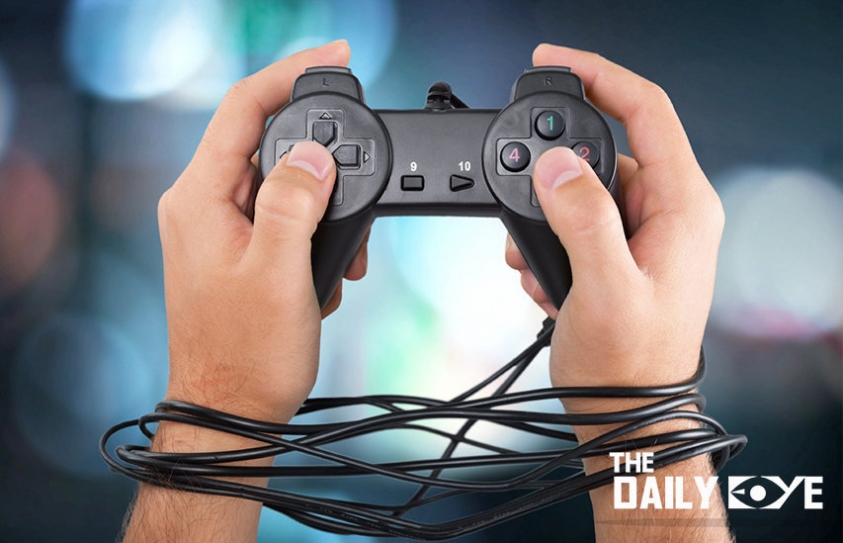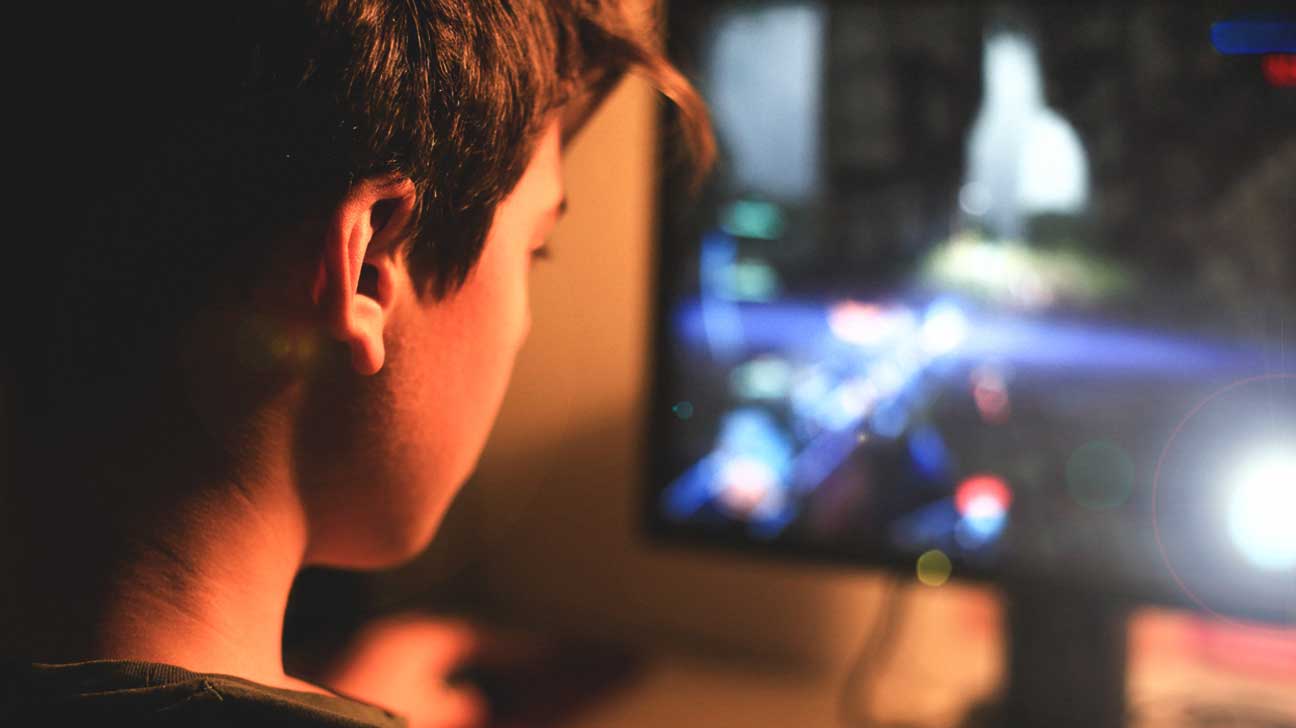
Excessive Gaming could be a Mental Disorder, says WHO
by Yash Saboo January 9 2018, 2:29 pm Estimated Reading Time: 2 mins, 24 secsSince my childhood, I've loved playing video games. And there have been times when gaming became so addictive that I used to finish the game in just a day or two, without any breaks and sleep. Honestly, it was a hell lot of fun but I also ended up feeling tired the next day, with dark circles under my eyes. This also created sleeping disorders.

Source : Healthline
Wikipedia defines video game addiction as a hypothetical behavioural addiction characterized by the excessive or compulsive use of computer games or video games, which interferes with a person's everyday life. Video game addiction may present itself as compulsive gaming, social isolation, mood swings, diminished imagination, and hyper-focus on in-game achievements, to the exclusion of other events in life.
The World Health Organization (WHO) now considers excessive video game playing a mental disorder, or at least that's what's suggested by a new draft of its upcoming International Classification of Diseases. Needless to say, such a declaration could be controversial within the hardcore gaming community.
The draft identifies video games to cause addiction if it is becoming a priority over other life activities or pastimes, and the behaviour becoming out of control despite having "negative consequences" for the player. There is no time frame mentioned.
The draft classification also states that while the problematic gaming behaviour would typically need to be demonstrated over a period of about a year before a diagnosis would be made, it can be even shorter depending on the severity.
"The pattern of gaming behaviour may be continuous or episodic and recurrent," it says. "The gaming behaviour and other features are normally evident over a period of at least 12 months in order for a diagnosis to be assigned, although the required duration may be shortened if all diagnostic requirements are met and symptoms are severe."
This isn't the first time that excessive gaming has been examined as a public health issue, although the WHO's move to declare it a mental disorder is a big step. In 2013, as noted by U.S. News and World Report, the fifth update of the Diagnostic and Statistical Manual of Mental Disorders (DSM-5) identified excessive online gaming as a matter deserving of further study. The WHO's draft, however, draws no apparent distinction between online video games and offline ones.
Despite once being seen as a niche or fringe activity, video gaming is increasingly popular and prevalent in people's lives, especially kids and teens. Roughly, 1.2 billion public play video games to some extent, although only some percent consider themselves to be "gamers." Gaming is also becoming a career choice for many who are good at it. In fact, the most subscribed Youtuber, Pewdiepie is himself a gamer with over 59 million subscribers!
However, having gaming listed as a disorder by the WHO will help more people realise the danger and encourage others to seek help when needed.




-173X130.jpg)
-173X130.jpg)
-173X130.jpg)
-173X130.jpg)
-173X130.jpg)
-173X130.jpg)

-173X130.jpg)